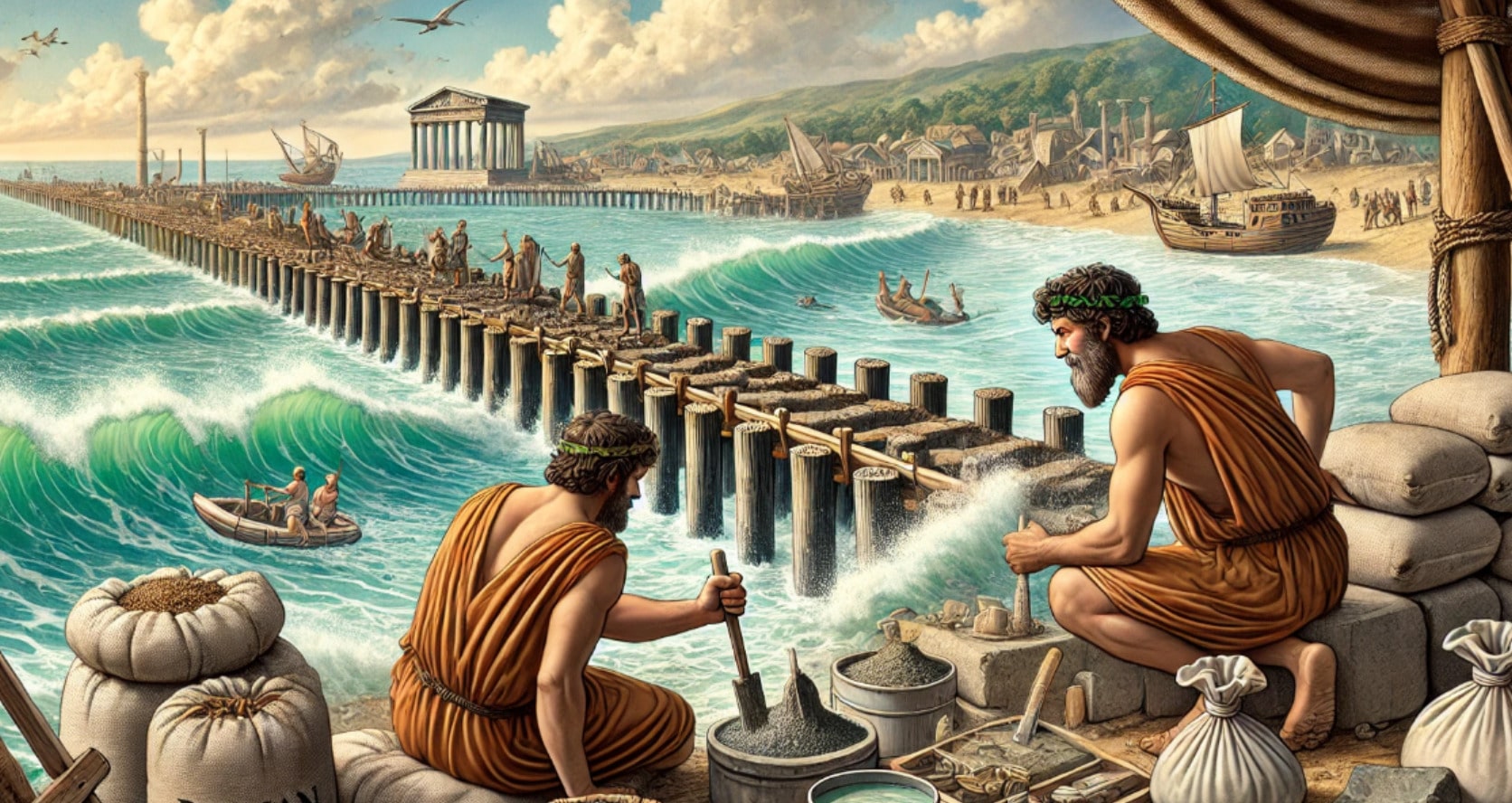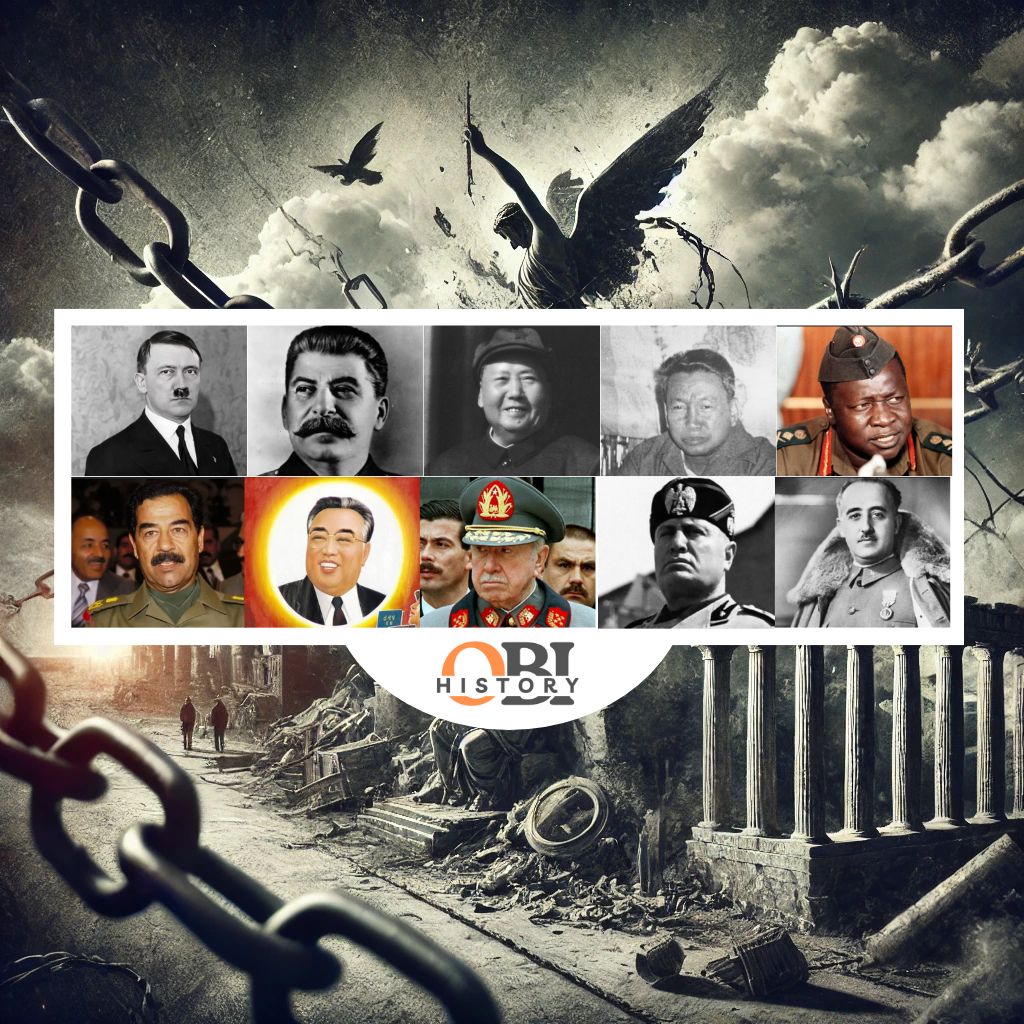Literature has the power to inspire, challenge, and sometimes terrify. Throughout history, certain books have been banned, persecuted, and labeled as dangerous because of their revolutionary ideas or the impact they had on society. Below, find details on ten of the most controversial and feared books ever written, along with the reasons they became so notorious.
1. “Mein Kampf” by Adolf Hitler
Why it’s dangerous: Written by Adolf Hitler during his imprisonment in the 1920s, “Mein Kampf” (or “My Struggle”) outlines Nazi ideology, promoting anti-Semitism and racial supremacy. It set the stage for the horrific events of the Holocaust, leading millions to their deaths. Due to its hate-filled content, the book remains banned in several countries, leaving an indelible mark on history.
2. “The Prince” by Niccolò Machiavelli
Why it’s dangerous: Written in 1513, “The Prince” offers a cynical view on power, suggesting that leaders should be willing to use manipulation, ruthlessness, and cunning. Known as the “manual for tyrants,” this book has inspired political figures and dictators to justify immoral means to achieve power. The term “Machiavellian” stems from its controversial advice, perceived as an invitation to moral corruption.
3. “The Communist Manifesto” by Karl Marx and Friedrich Engels
Why it’s dangerous: Published in 1848, this manifesto called for class struggle and proletarian revolution, sparking the ideological basis for communism in the 20th century. By advocating for the abolition of private property, it underpinned the rise of regimes that changed the global political landscape. In some nations, it is still viewed as a text that incites social disorder.
4. “The Protocols of the Elders of Zion” (Anonymous)
Why it’s dangerous: One of the most harmful antisemitic texts in history, “The Protocols” purports to describe a Jewish conspiracy to control the world. Although proven to be a hoax, its message of hate inspired leaders like Hitler and fueled prejudice for decades, making it a symbol of extreme bigotry.
5. “On the Origin of Species” by Charles Darwin
Why it’s dangerous: Charles Darwin’s 1859 publication challenged the religious view of life’s origins, presenting the theory of evolution. Although it transformed biological understanding, the book has been misinterpreted to justify eugenics and racial superiority, stirring controversy that endures today.
6. “The Social Contract” by Jean-Jacques Rousseau
Why it’s dangerous: Published in 1762, Rousseau’s work argues that political power belongs to the people, not the monarchy. This idea was revolutionary, inspiring the French Revolution and challenging established social orders. “The Social Contract” is now seen as a foundation of democratic thought, though it was initially banned for its subversive potential.
7. “Uncle Tom’s Cabin” by Harriet Beecher Stowe
Why it’s dangerous: This 1852 novel exposed the horrors of slavery in the United States, fueling the abolitionist movement. Its portrayal of suffering and injustice led to its prohibition in Southern states, with some blaming it for increasing tensions that led to the Civil War. Abraham Lincoln famously remarked to Stowe, “So you’re the little woman who wrote the book that started this great war.”
8. “Ulysses” by James Joyce
Why it’s dangerous: Published in 1922, “Ulysses” faced bans in the United States and the United Kingdom due to explicit sexual content. Its innovative narrative style and open approach to sexuality defied literary norms, making it one of the most censored novels of the 20th century.
9. “The Adventures of Huckleberry Finn” by Mark Twain
Why it’s dangerous: Although an anti-slavery novel, “Huckleberry Finn” has been banned and criticized for its language and racial representations. Published in 1884, its raw depiction of race and social injustice has sparked ongoing debates, leading to censorship in schools and libraries.
10. “Thus Spoke Zarathustra” by Friedrich Nietzsche
Why it’s dangerous: Published in 1883, Nietzsche’s work presents radical ideas, such as the “death of God” and the concept of the “Übermensch” (superman), challenging traditional religious and moral norms. These ideas were later co-opted by extremist ideologies, despite Nietzsche’s intent, giving the book a legacy intertwined with controversy.
Final Thoughts: The Power of Ideas
These books have had a profound impact on humanity through their revolutionary ideas, challenges to norms, and ability to incite deep, and sometimes dangerous, changes. Literature possesses the ability to question reality, spark powerful reactions, and influence history—reminding us that words are far more than ink on a page.



